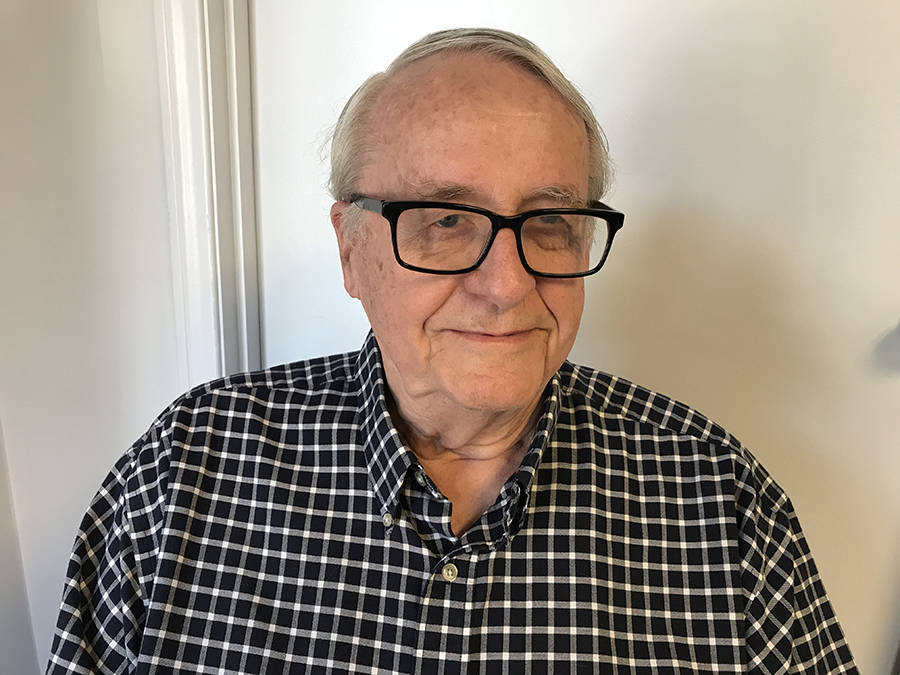
The recent arrest of the suspected Golden State Killer was accomplished by sending crime-scene DNA to one of the numerous genealogy tests sites and, after an incredible exercise in records research, authorities tracked down the 73-year-old alleged killer. The media storm that resulted has caused some to publicly question if they want to have their own DNA tested, given the apparent loss of privacy.
The human genome was fully sequenced only at the turn of this century. In just the last few years there has been a huge public movement toward genetic testing for three reasons, I think. As the technology got ever more precise, labs found it inexpensive to produce tests. That led to a proliferation of commercial labs advertising their services for cheap.
Coincidentally, there had been a rapid growth in genealogy as a pastime since vital records started going online in the 1990s. So, with more Americans interested in who their Civil War ancestors were, and with the affordable technology to find them, testing kits became the hot $59 gift idea.
Although I am a science imbecile, I have recently organized talks about DNA testing for the Senior Center of Boulder City, Beta Sigma Phi Sorority chapters and Sons of Norway lodges, so I can attest that this is of interest to a great many folks.
The arrest happened like this: California police had preserved several examples of the killer’s DNA from various crime scenes in the ’80s. They couldn’t get a match in those days, because the technology was not yet mature and, mostly, because the killer was a policeman, not a known criminal, and did not have his DNA in any such data base.
A couple of years ago, a creative detective thought that if they could not match the killer’s own DNA, maybe a relative of his might give them a clue. So they got a court order and sent the evidence to a test site.
They couldn’t use the two biggest labs, Ancestry.com or 23andMe, because those providers require you to spit in a vial and send it in for testing. Authorities didn’t have a suspect to spit, so they found a smaller lab that would take samples from secondary media like what they had on hand.
They got a hit on some distant relative of the Golden State Killer and traced their commonality back to an identifiable ancestor who lived in the early 1800s. Then they had to mount an enormously expensive, man-hour-intensive project that involved researching 25 historic individuals down to current day over nearly 200 years. The last half century of those records is not online, and 25 descendancy charts had to be built from records that would not be easily available to anyone other than law enforcement.
This effort was only undertaken because they were searching for probably the longest-active mass murderer in history, who had recently become famous due to a major book release. It’s not likely to happen very often. I hear that police are launching a search for another California serial killer who left his DNA back in the ’80s, before we knew not to do that. Zodiac, if you are still alive, you can run but you can’t hide.
Another thing you should know about the process. Your tested DNA cannot be made available directly to any other person, or even law enforcement unless they have a court order.
I have been tested by Ancestry.com and 23andMe. Both send you the results of your test and compare them to others they have tested. If they find a related person, and they almost surely will, they will tell you the code name of someone who is a “third or fourth” cousin, or whatever, and they will tell that person, too.
Neither of you will be given direct contact info. But if you or the other person is interested, you can send messages back and forth through the lab and can exchange direct contact if you wish.
I suppose a majority of America’s police departments have some unmatched DNA in their evidence lockers, and they are already jumping to replicate this success. It may take some court rulings to sort all this out, but your privacy is not going to be invaded.
Unless you have left something at a murder scene, I recommend you go ahead with that test. One caution: Be sure you are able to live with the results, no matter what surprise you might get. There are many cases on record where people have found out that close “family” is not what they thought. Siblings can learn that one or more of theirs are only half-siblings, or that their “father” had no blood connection to them.
Dave Nelson retired to Boulder City in 2003 after a career with the FICO score company. He is vice president and newsletter editor for the local Sons of Norway.